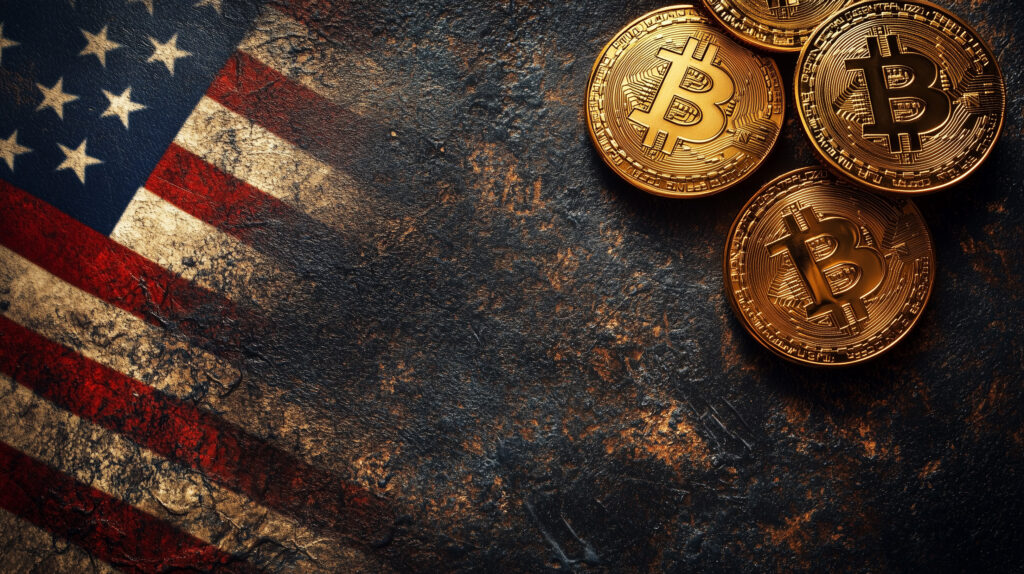
Key Takeaways:
- Trump plans to sign an executive order directing federal regulators to investigate alleged debanking of crypto firms and politically conservative groups.
- The order would target potential violations of antitrust and fair lending laws, with some cases potentially referred to the DOJ.
- Allegations of regulatory overreach under the Biden administration, labeled “Operation Choke Point 2.0,” have intensified post-FTX collapse.
U.S. President Donald Trump is reportedly preparing to sign an executive order directing federal banking regulators to investigate claims that banks have unfairly denied services to cryptocurrency firms and politically conservative groups.
The draft order, reviewed by the Wall Street Journal, would require agencies to examine whether banks violated antitrust, consumer protection, or fair lending laws, and to eliminate policies that contributed to financial institutions “debanking” certain clients.
BREAKING: Trump is getting ready to sign an executive order that will fine banks for debanking crypto companies.
— Coin Bureau (@coinbureau) August 5, 2025
No more "operation chokepoint" in the US! 🇺🇸 pic.twitter.com/Yp19BhAmph
Violators could face legal penalties, and some cases may be referred to the Department of Justice.
The crypto industry has long claimed that the Biden administration pressured banks to sever ties with digital asset companies.
Coinbase and others have cited evidence suggesting regulators like the FDIC engaged in coordinated efforts to limit crypto banking access – labeling it “Operation Choke Point 2.0.”
The order also targets alleged political debanking, addressing accusations that conservative individuals and organizations were denied banking services based on their political beliefs.
Some banks, while not named, are criticized for assisting federal investigations related to the January 6 Capitol events.
While banks defend such actions as “derisking,” Trump’s directive signals a broader pushback on ideological and industry-based discrimination in financial services.
The timeline for signing the order remains uncertain.

